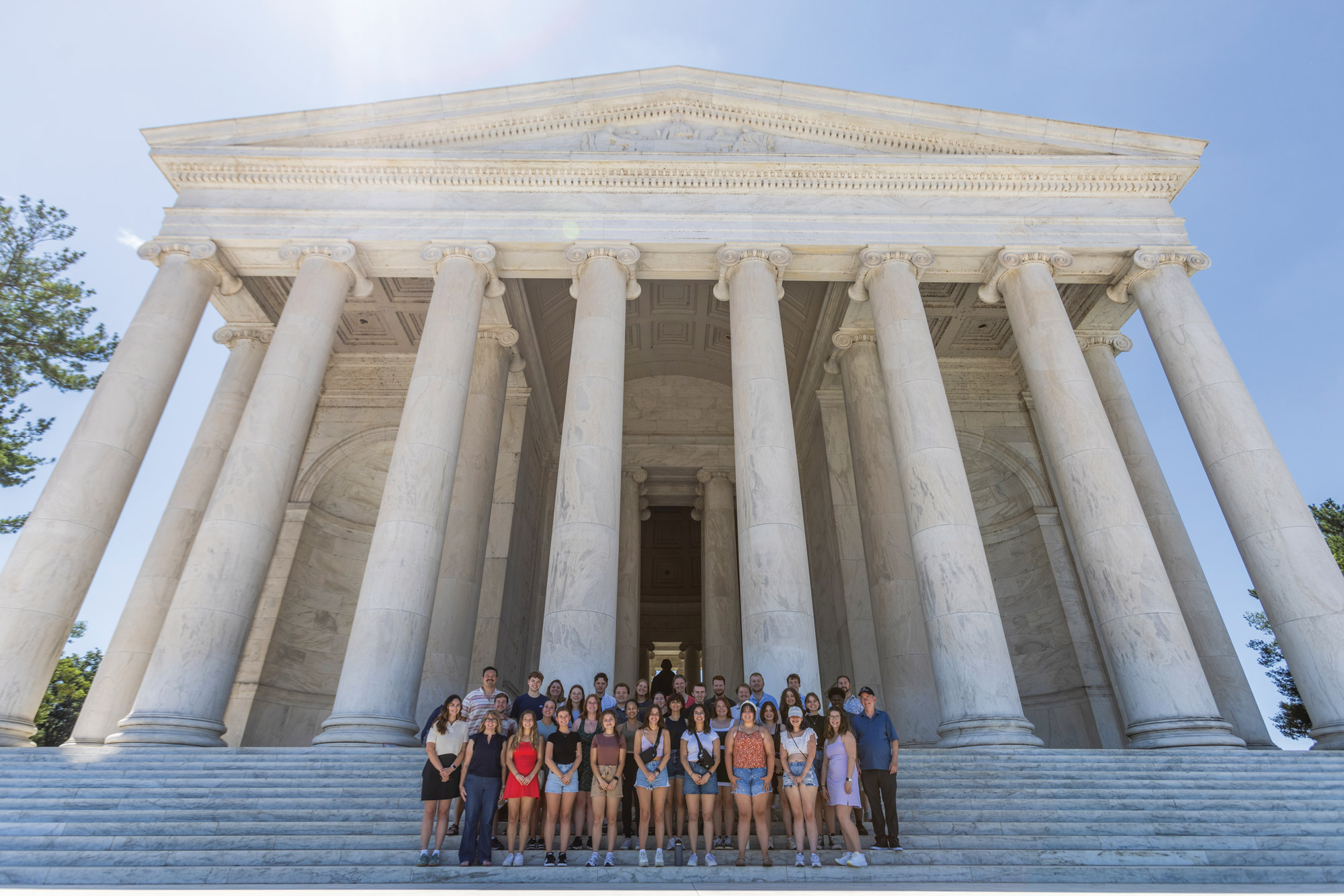
Published on Show Me Mizzou Aug. 27, 2024
Story by Chris Blose, MA ’04
Photos by Abbie Lankitus
On June 24, 2022, one of the countless tour buses working its way past federal buildings, embassies and monuments in Washington, D.C. was packed with Mizzou students — a cohort of 20 who would spend their summer working, living and learning about constitutional democracy in the nation’s capital.
These students represented the Kinder Scholars D.C. Summer Program, a part of Mizzou’s Kinder Institute for Constitutional Democracy. On this day, their field trip focused on women’s history. They discussed famous and overlooked suffragists and visited the sites of historical protests for women’s rights. By the time they reached the statue of Eleanor Roosevelt at the Roosevelt Memorial, Catherine Rymph, a professor of history who was in town to lead that week’s curriculum — and who is now Dean of the Honors College — noticed a sudden shift.
Students were on their phones. Alerts and notifications were going off. Some young women in the group were sobbing. News had broken about the Supreme Court’s decision in Dobbs v. Jackson Women’s Health Organization, a decision that effectively overturned Roe v. Wade.
Rymph and Jordan Pellerito, a doctoral candidate who works on-site with students in the program, had a decision to make: Proceed with business as usual or improvise.
The choice seemed clear. “It would be kind of silly to proceed with this tour that nobody could focus on,” Rymph says. “They’re here in D.C., and this is D.C. happening right in front of them.”
Rymph, Pellerito and the tour guide turned the bus toward the Supreme Court — or at least as close as a bus could get on such a chaotic day. As is the case in a constitutional democracy, the rest was up to the individuals. Kinder and all its programs are nonpartisan, so Rymph was careful not to steer students toward any particular action.
Most simply saw the comings and goings and protests and counter-protests of the day. Some joined in, based on their personal beliefs. Others sought refuge from the crowds and the city’s swampy summer air in the air-conditioning of the bus or nearby restaurants. One or two went to work, including an intern for Politico who suddenly found herself doing on-the-scene reporting.
“I love that we were able to have that unplanned experiential component, where we were in the middle of a really momentous event in constitutional history,” Rymph says.
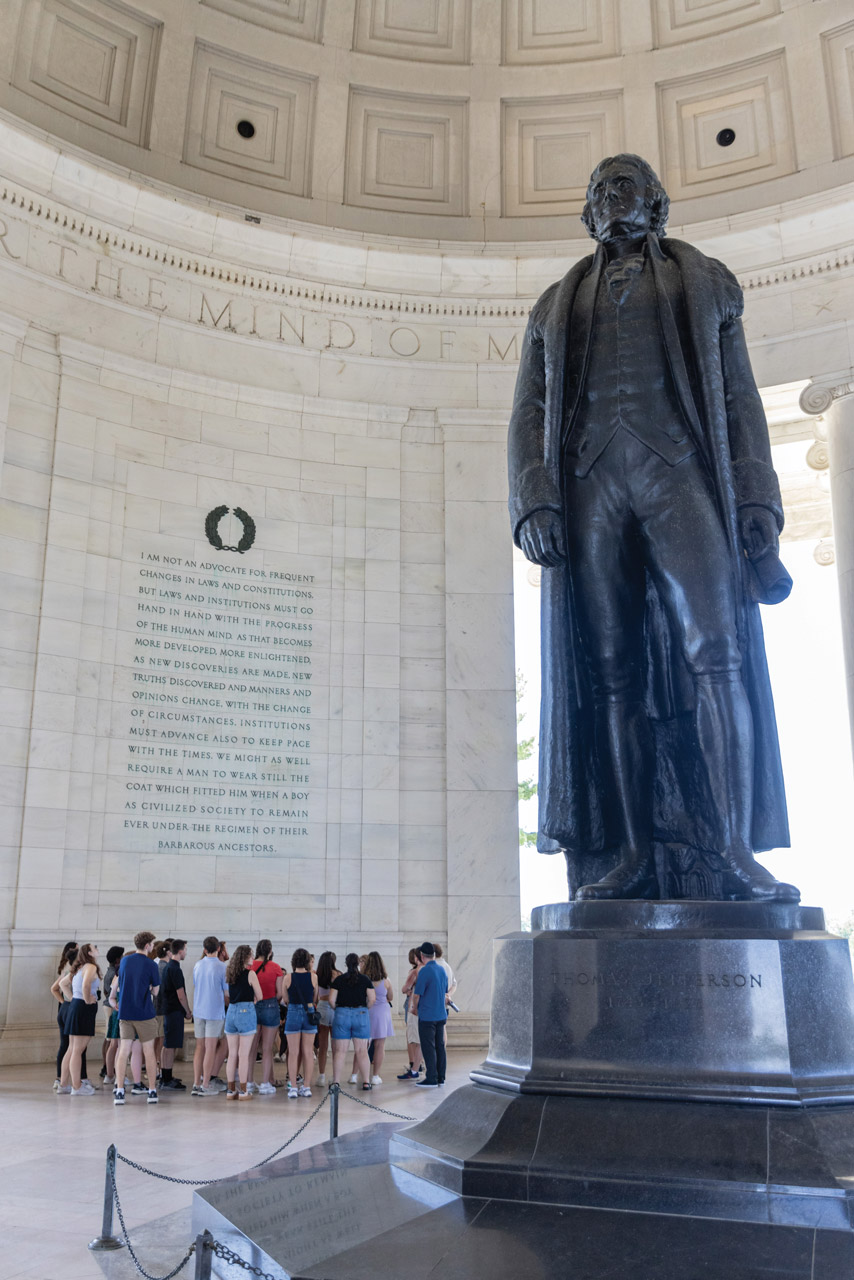
That could be an informal mission statement for the Kinder Scholars summer program: in the middle of momentous events. Apart from a year off caused by the COVID-19 pandemic, the Kinder Institute has brought students to Washington, D.C., each year since 2015. The goal is full immersion in the city: socially, culturally and professionally.
Students take the course Beltway History and Politics, which meets during the evenings, followed by Friday field trips that match each week’s theme. Weekly guest faculty offer a curriculum that puts history into context. One week finds students discussing the structure of elections in the early republic, while another focuses on women’s history and the 14th amendment. They learn about exactly why Pierre L’Enfant designed the city as he did. They tour monuments and discuss the meaning behind them.
As important as the historical curriculum is, the program goes far beyond it. Students live together in housing in the city’s Woodley Park neighborhood and learn to navigate the city. They work each day at an internship of their choosing, which may mean staffing on Capitol Hill, doing data entry or planning for a nonprofit, reporting for a media outlet, working on museum exhibits at the Smithsonian, researching at the Library of Congress or National Archives, or any other aspects of the work that go into a living, breathing federal city.
“Our goal is that they pick something that really fits how they want to engage in what’s going on with government and what’s happening in D.C.,” says Carli Conklin, associate director of the Kinder Institute and one of the program’s weekly professors. “And we want them to choose through the lens of their own major and their own interests.”
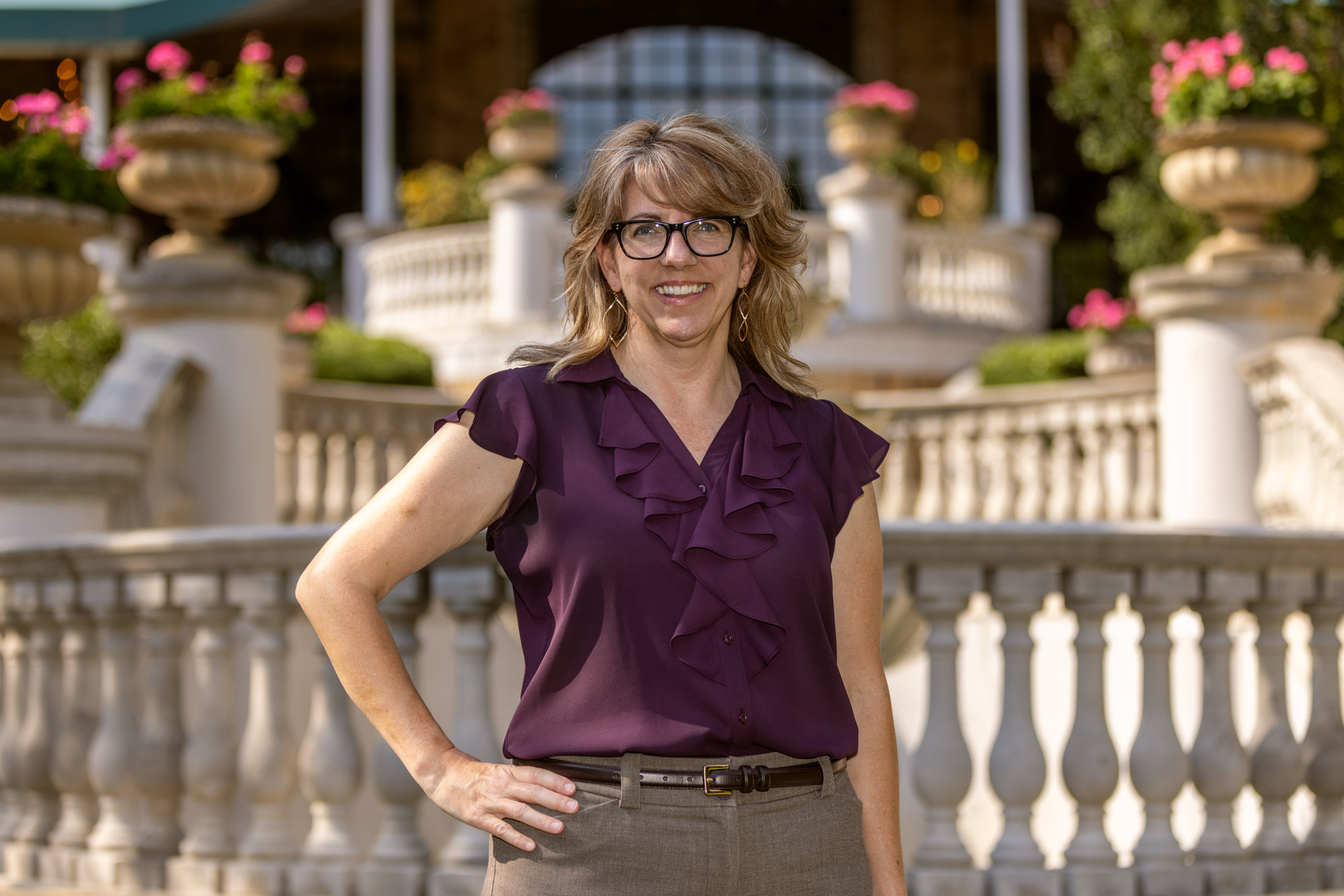
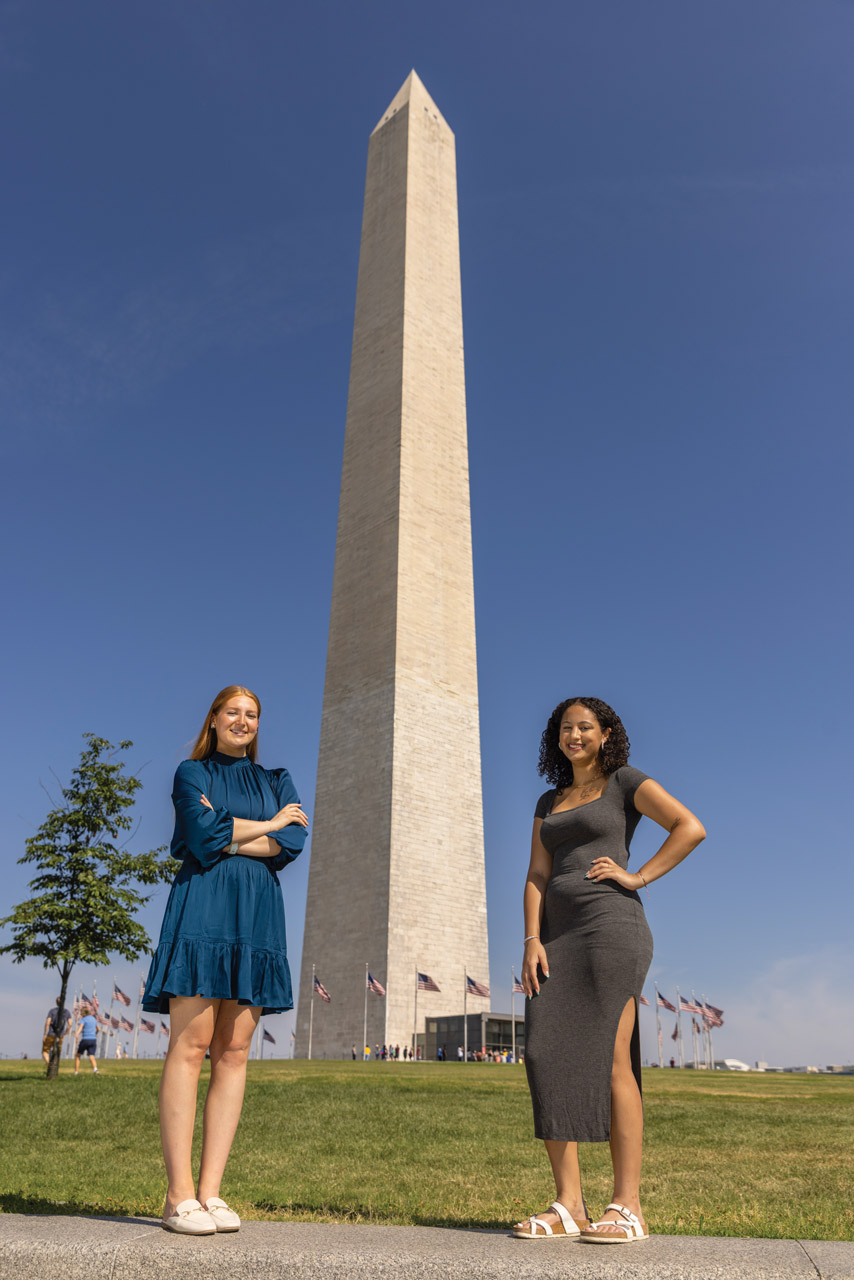
A peek behind the curtain
For current Kinder Scholar Kate Karpinksi, that “lens” is public health. The rising junior from Bentonville, Ark., has chosen a field with increasing visibility in a postpandemic world, although her interest in public health predates COVID-19.
“Public health puts emphasis on how everyone is interconnected and how your actions affect other people,” Karpinski says. “I think it is incredibly fascinating the way that you can connect it to everything, and how important public health policy is.”
Karpinski spends her days working for the Alliance for Health Policy, a nonprofit organization focused on research, evidence and education related to health policy. “What drew me to the alliance was the nonpartisan aspect of that,” she says. “In public health things get polarized and politicized really quickly. And that’s very obvious in recent politics and just in the political climate that we have right now.”
Beyond the “typical intern things” she does daily — entering data and cleaning up contact lists for the organization, for example — she relishes the opportunity to dive into research. She got to help Alliance staff prepare for a conference on the role of AI in healthcare — a topic with enough buzz that it earned her a spot attending hearings and briefings on Capitol Hill.
Peeking behind the curtain at how policy gets made has been eye-opening for Karpinski: “I feel like it humanizes a lot of the issues that we see on TV. To be here and see these issues talked about in real time can definitely bring some humility and empathy for both sides of any conversation.”
The city offers its own examples for a budding public health enthusiast, too. Karpinski was quick to notice how prevalent disease prevention ads are on public transportation, as well as at major events and celebrations in the city.
“I was just talking to someone about how the celebration of Pride is very important to the pursuit of public health,” she says, as an example. “The festivals are when we can come in as public health professionals and health departments and target these groups of people. We learn and listen and see what they need, and how we can fill in gaps of care.”
Karpinski is experiencing summer in D.C. with her eyes wide open — and that’s the goal, Conklin says. Given the nature of the Kinder Institute, the summer program draws a lot of students majoring in constitutional democracy, history and political science. But over the years since the program’s founding, students from more varied majors have started to see the appeal.
“I really think that this program needs every major to thrive,” she says, “because our actual constitutional democracy needs every field to thrive.”
“Students often think people who are interested in government do this or that government is a certain narrow thing that other people are involved in and take care of. And I think students might not realize, if I’m an engineer, or I’m planning to be an engineer. I might really want to weigh in on building codes or bridge construction. And so, whether it’s healthcare or infrastructure or advocacy for voting rights, we come from all different perspectives and do something that matters for us to be able to live well together. And I really think that’s at the heart of constitutional democracy: How do we live well together?”
That said, living well can be its own sort of challenge in a city as expensive as Washington, D.C. So Kinder provides funding to make the program accessible to a broader range of students, says Pellerito, who has worked on site with students since 2017.
“One of the things Carli [Conklin] emphasizes the most is this is an opportunity for people who otherwise may not be able to go to D.C.,” Pellerito says. “Because we pay for housing and offer a stipend and everything, we can get people here to have this important experience.”
That sentiment is not lost on an appreciative Karpinski. “They are alleviating a lot of the barriers that students come across when looking to come to D.C., such as the cost of living,” she says. “That was a huge relief, because a lot of students, myself included, would not have been able to be here if it were not for that financial aid.”
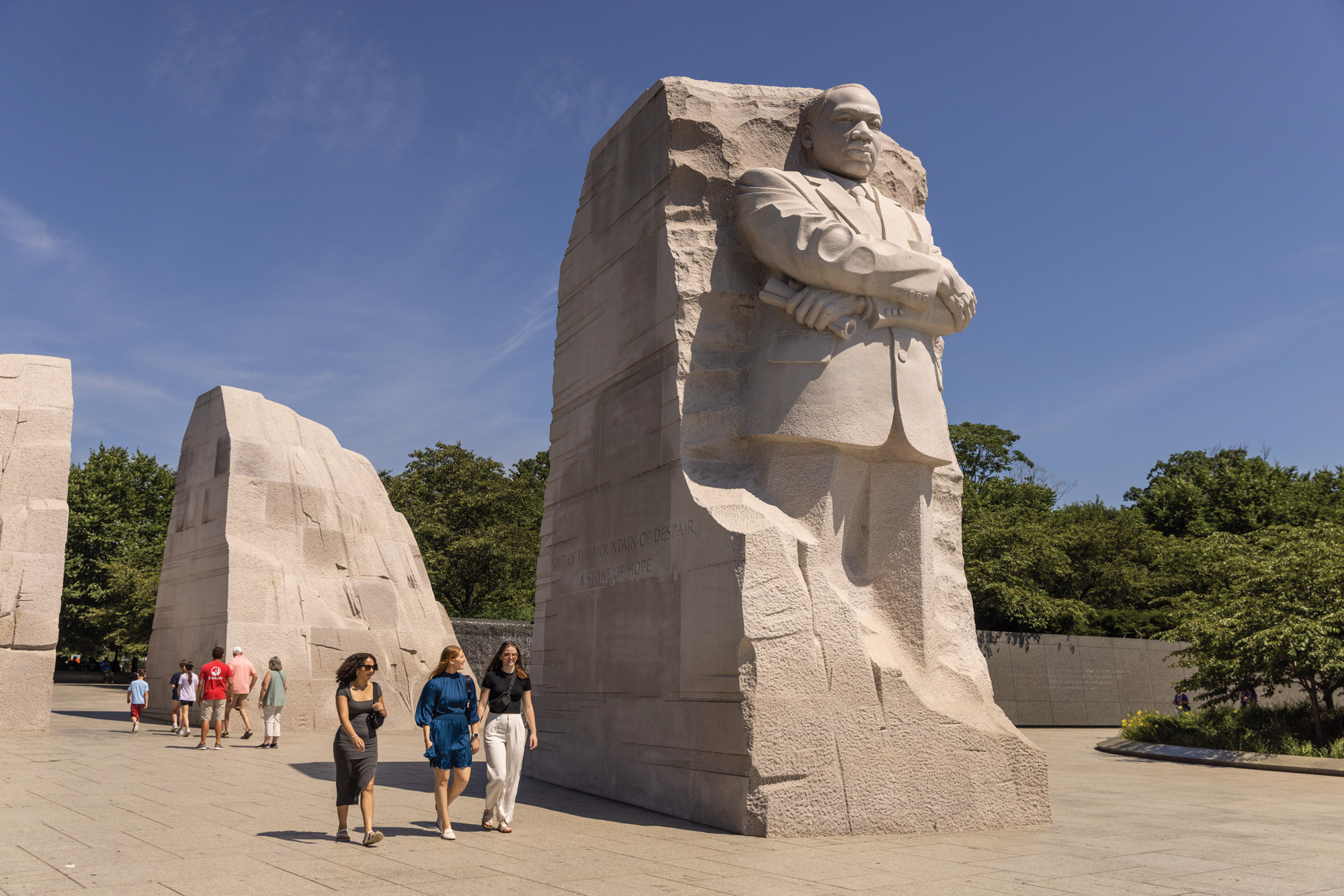
Stepping Up
“I’m a history nerd,” says Mya Franklin, another program participant who is visiting Washington, D.C. for the first time. “So it is so cool to actually be in front of something instead of simply reading about it. It is just so surreal. Every night I go to bed and think, ‘Wow, I’m just casually in the capital for the summer. The president’s over there in the White House, and there’s the Washington Monument.’ ”
In her Kinder coursework, the third-year student — who already has senior status — happily pores over this country’s founding documents. She’ll confess to embarrassment at not knowing much about the history of suffragists, a gap she was more than happy to correct during Rymph’s week of teaching.
But Franklin is here for the now as much as for the then. She found an outlet for her love of advocacy in an internship for Everytown for Gun Safety, a highly visible group dedicated to policy around gun violence. Specifically, she’s a grassroots intern working with the staff of Moms Demand Action for Gun Sense (an organization founded by Mizzou alumna Shannon Watts, BA ’94) and its executive director, Angela Ferrell-Zabala.
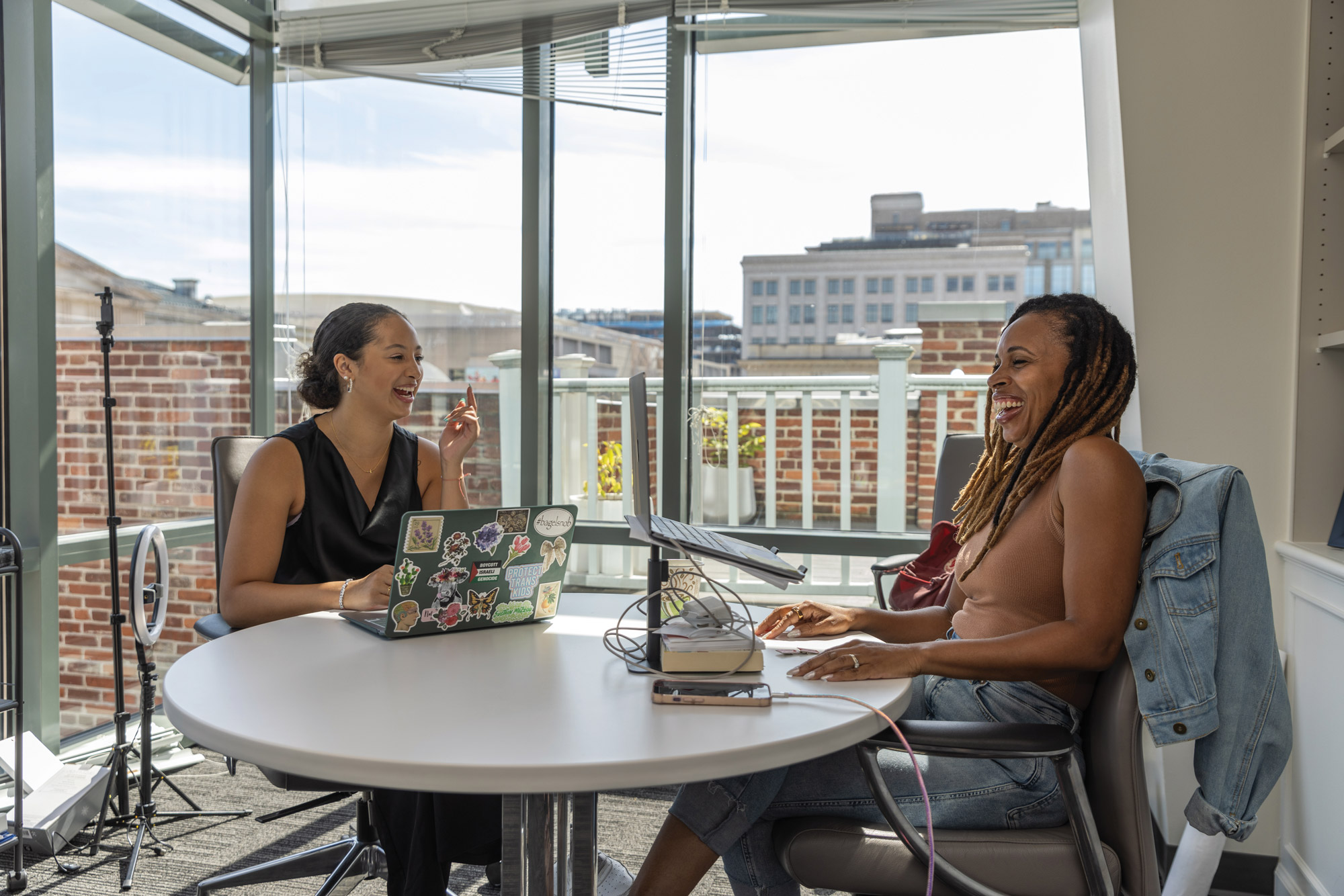
The role gives Franklin an intimate view of all the behind-the scenes work that goes into national advocacy. Franklin helps make Ferrell-Zabala’s jam-packed schedules. She books flights and changes them when plans fall through. She creates bios of important people for upcoming meetings and sends thank-you notes. Sometimes there are off-topic intern tasks, like shopping for a dress for Ferrell-Zabala for an upcoming event. (“I didn’t mind that,” Franklin notes. “I loved it, actually.”) Sometimes the work is more scholarly, as when Franklin worked with the organization’s litigation team on research for a speech reacting to a Supreme Court case.
Much of the benefit is simply being present, she says, citing the group’s Gun Sense University event as an example. Suddenly she found herself in the room with the governor of Delaware. Then Ted Cruz. Then an actor from Grey’s Anatomy. President Biden spoke. Next thing she knew she was attending a VIP event with Rep. Nancy Pelosi and House Minority Leader Hakeem Jeffries.
“There is this aspect of walking into a room, and you never know who you’re going to meet,” Franklin says. “That’s not something I expected. It’s a once in a lifetime opportunity. So I’m just so grateful to be here, honestly.”
More students than ever are getting that opportunity now. Before 2024, the program brought roughly 20 students to D.C. each year. This year, there are 30, split into two cohorts. Next year, there will be 40.
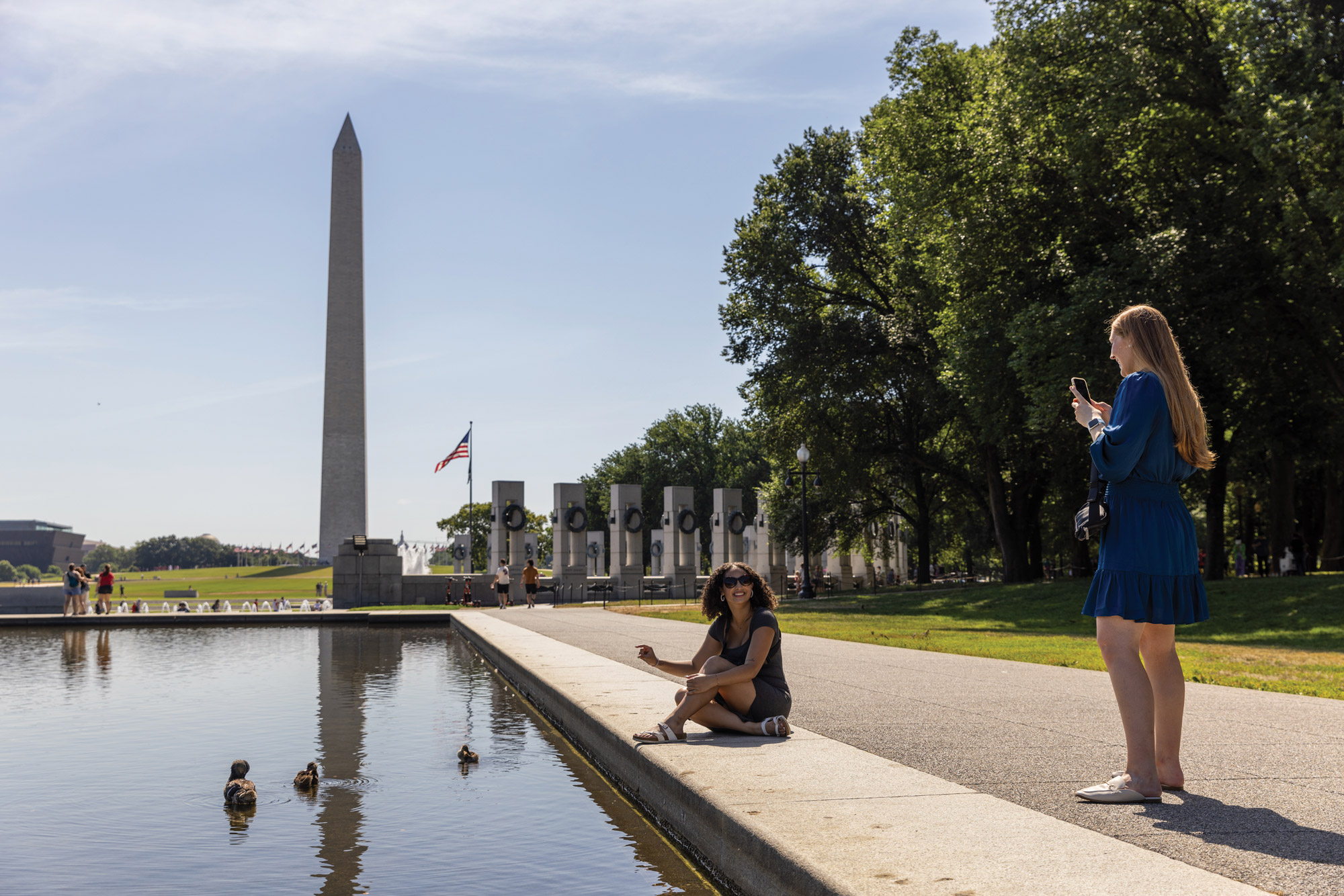
“I think it’s the most competitive program we have at Kinder, because it’s a multistep application and interview process,” Pellerito says of the program’s expansion.
Program staff, faculty and students take heart in the growth — and the idea that demand and interest in constitutional democracy is high, even in a time when our own national politics are polarized. Program participants come to D.C. with eagerness and enthusiasm and often leave with a desire to continue on a similar path. Former scholars have gone on to clerk for a future Supreme Court justice, work at the Library of Congress, report for major media outlets in the city, take jobs at federal agencies and more.
Count Franklin among the converts. “I was telling somebody the other day, ‘You’re going to have to drag me out of here on my last day.’ I don’t want to leave.”
It’s not just the city’s abundance of food, museums, culture or social activities that draw Kinder Scholars in, either — although Franklin and Karpinski both name those as highlights of their summer. It’s the chance to act and be in the middle of momentous events.
“If I don’t step up,” Franklin says, “then I know no one else is going to step up with me.”
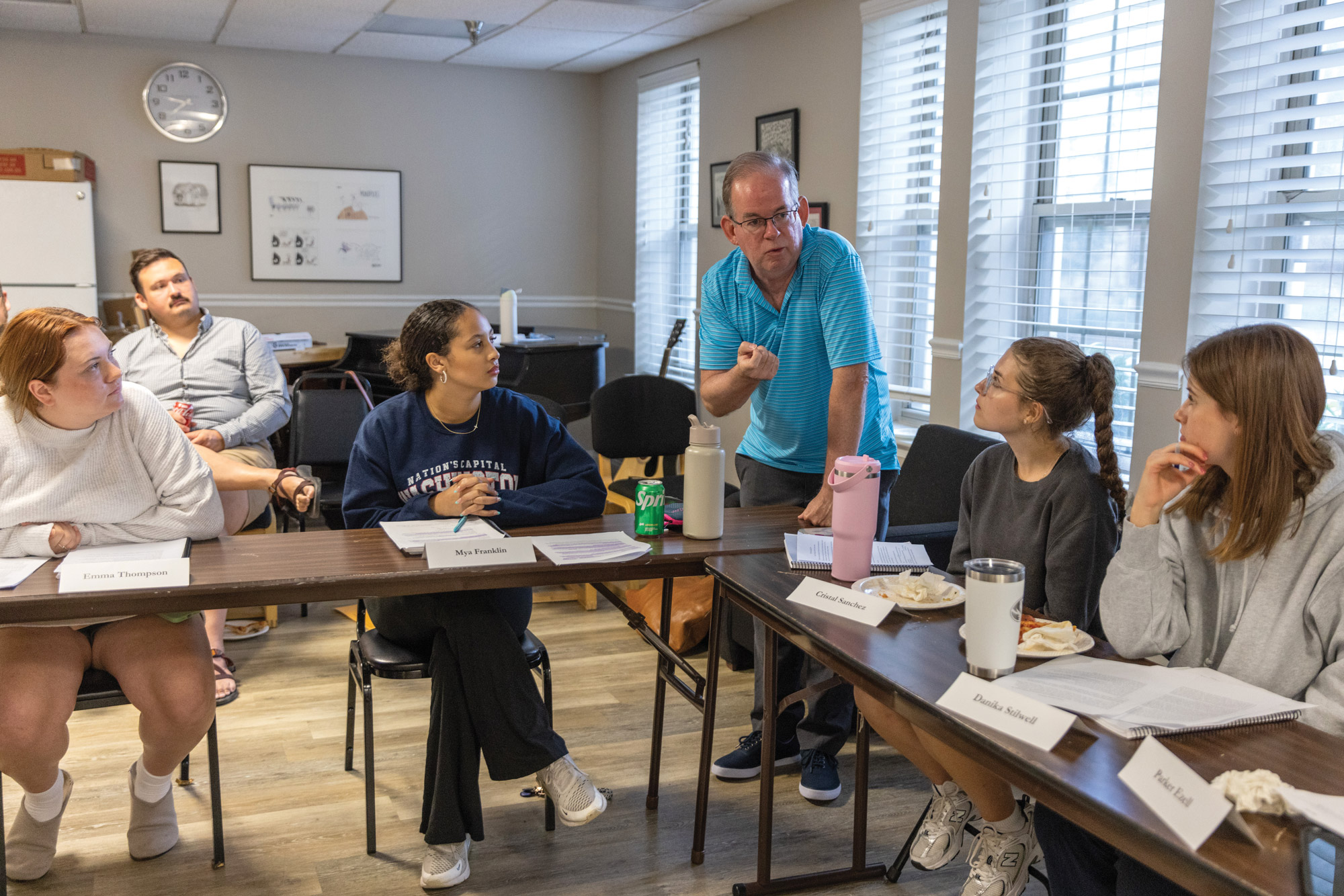
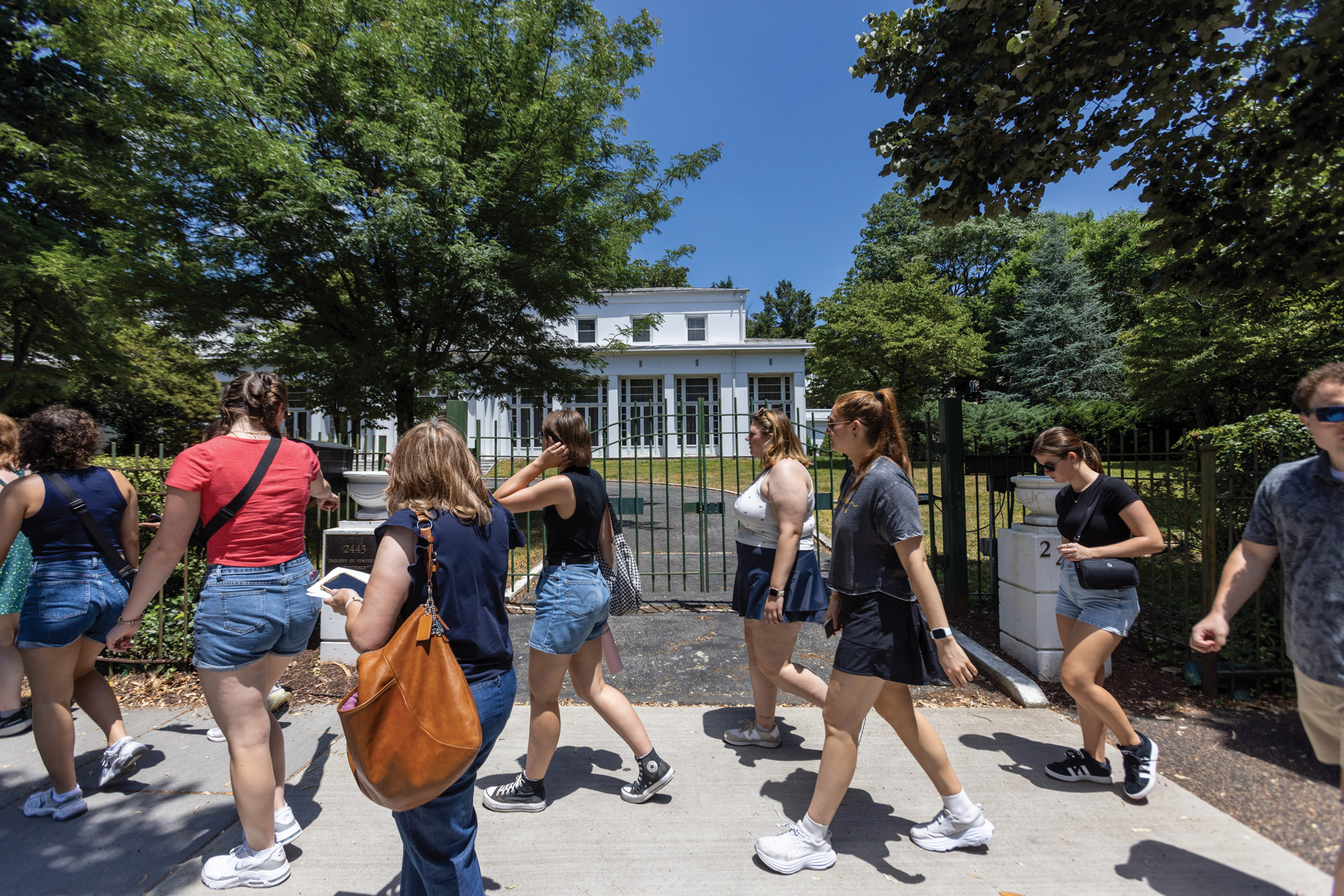
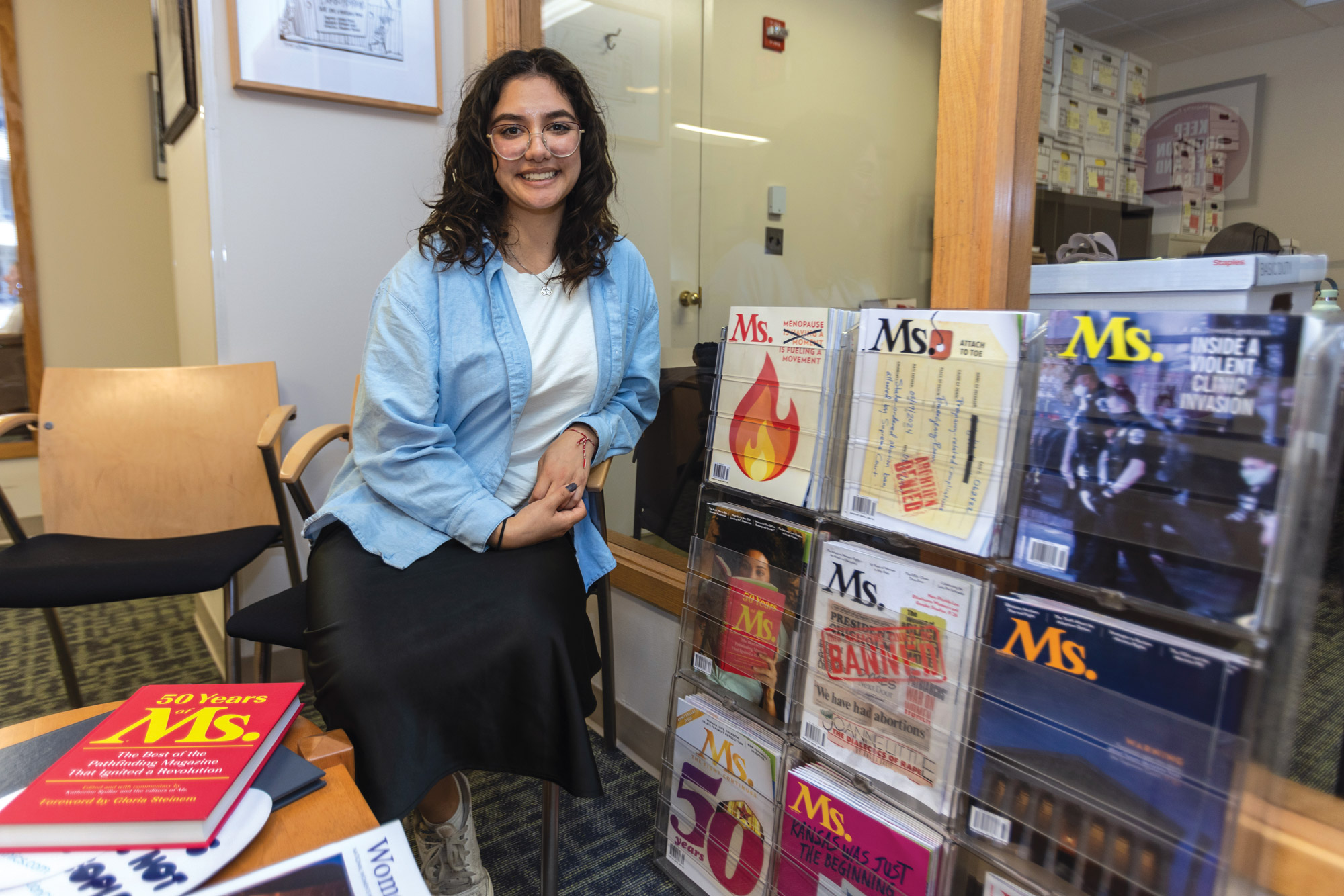
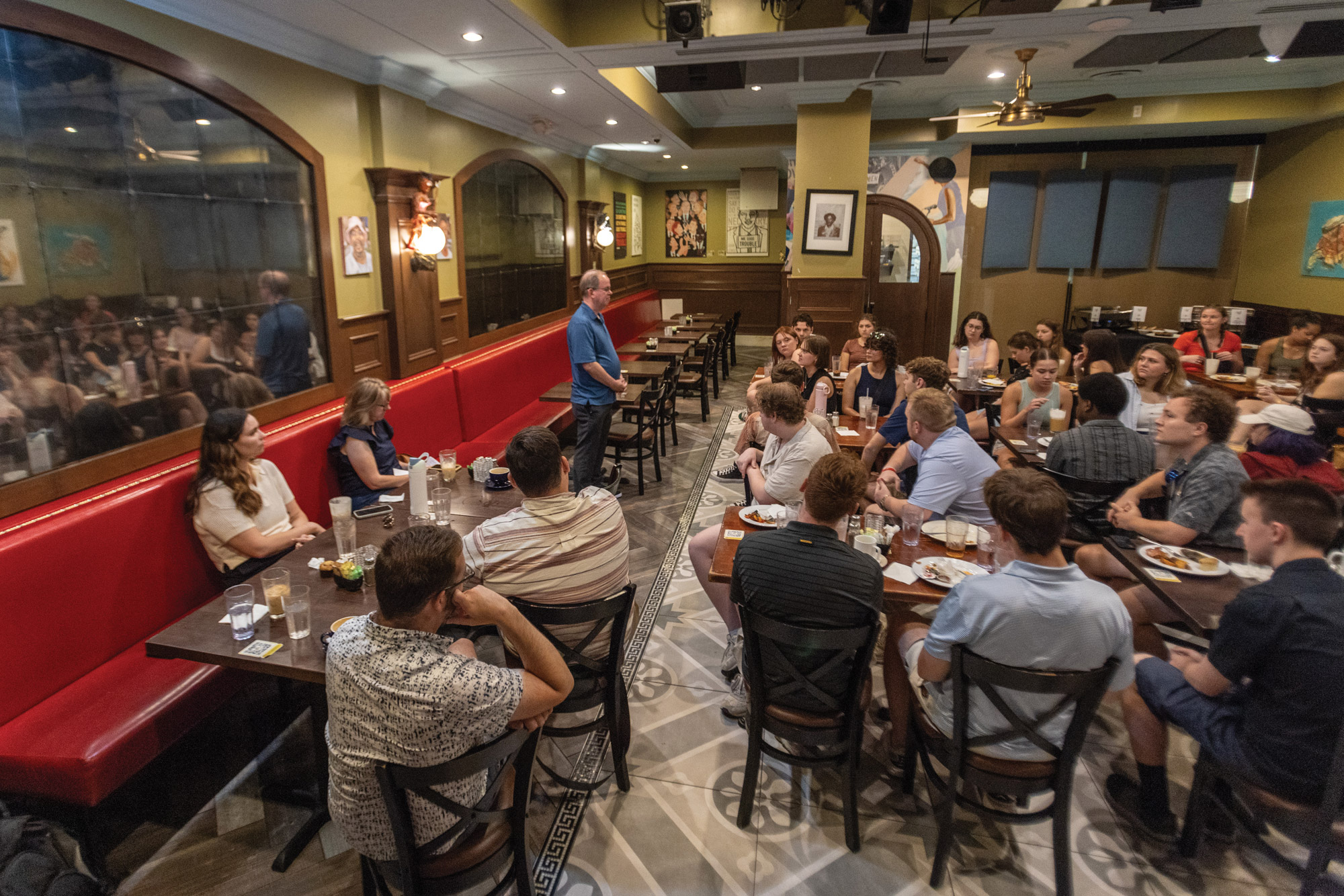
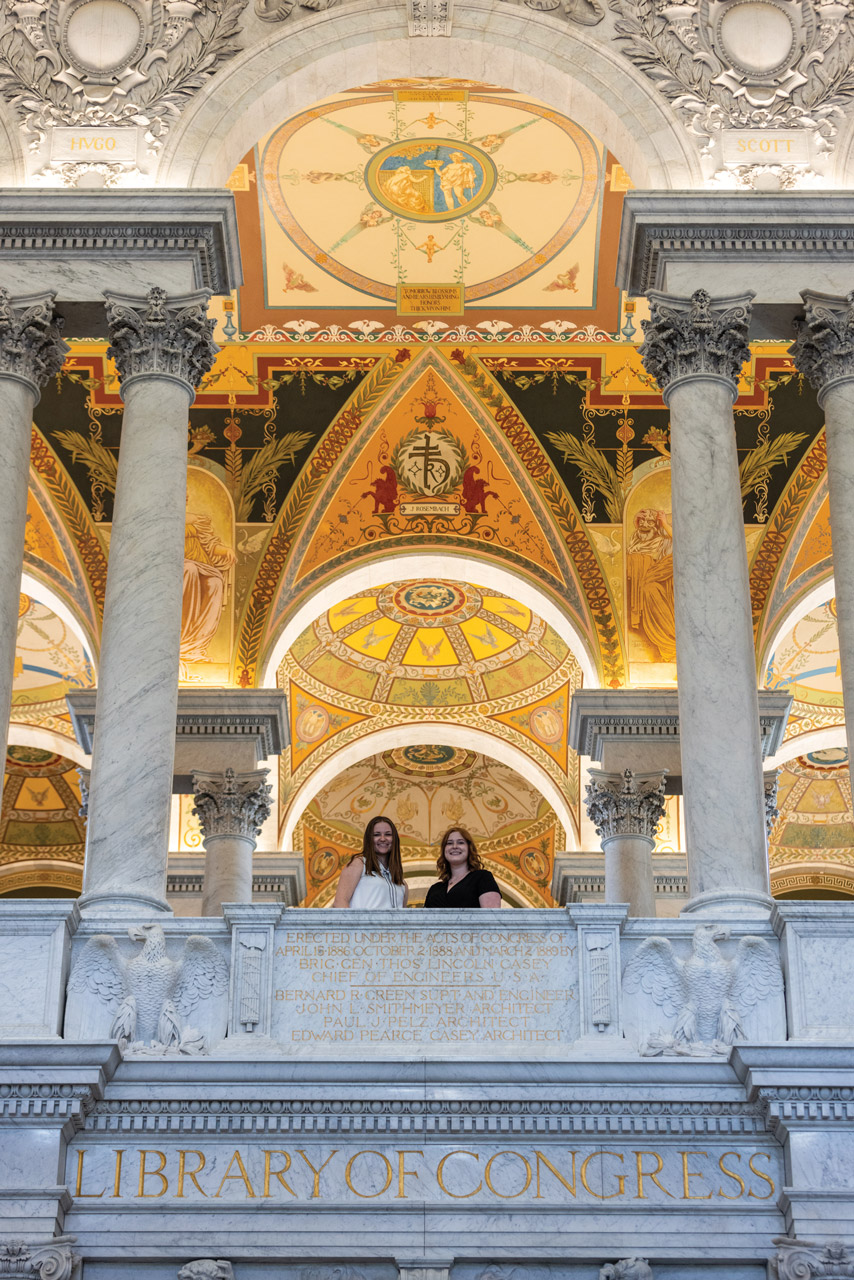
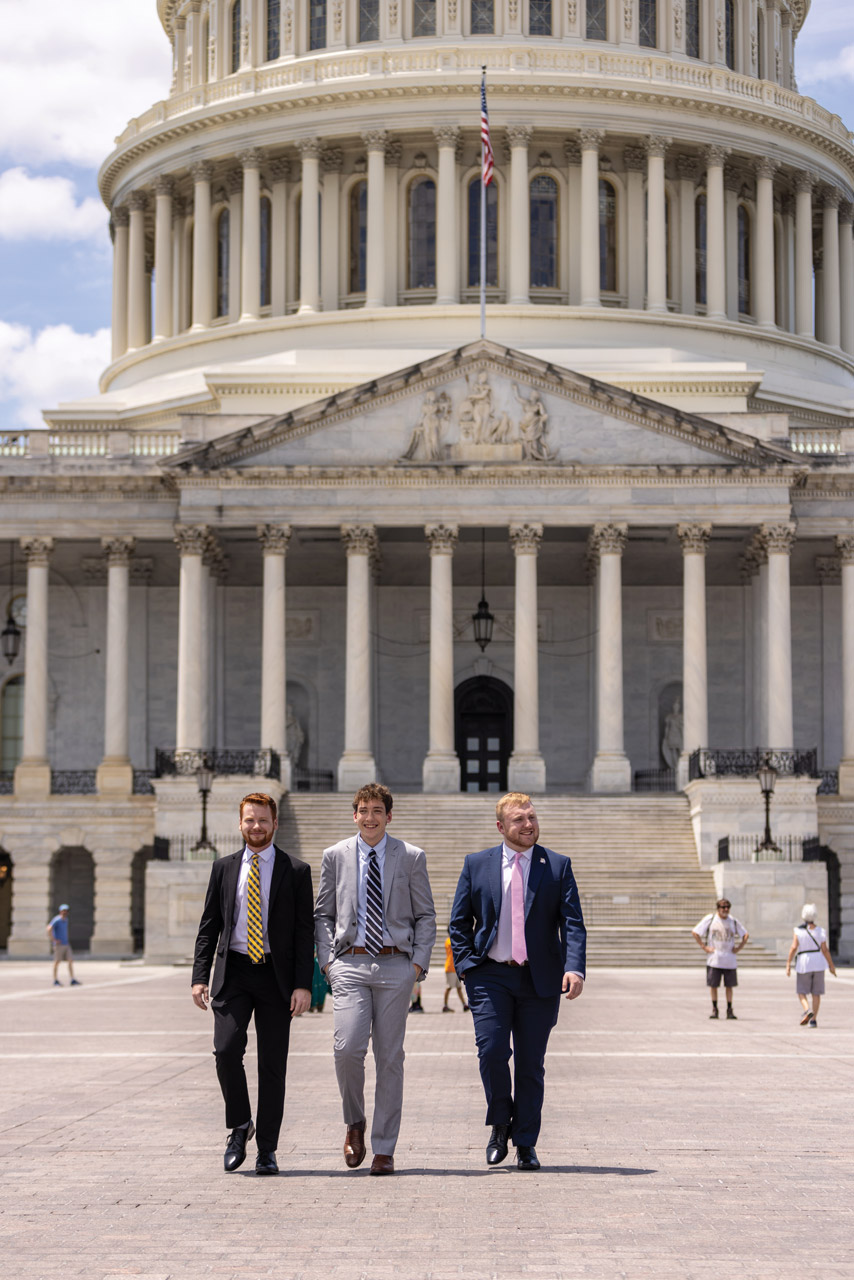
To read more articles like this, become a Mizzou Alumni Association member and receive MIZZOU magazine in your mailbox. Click here to join.



